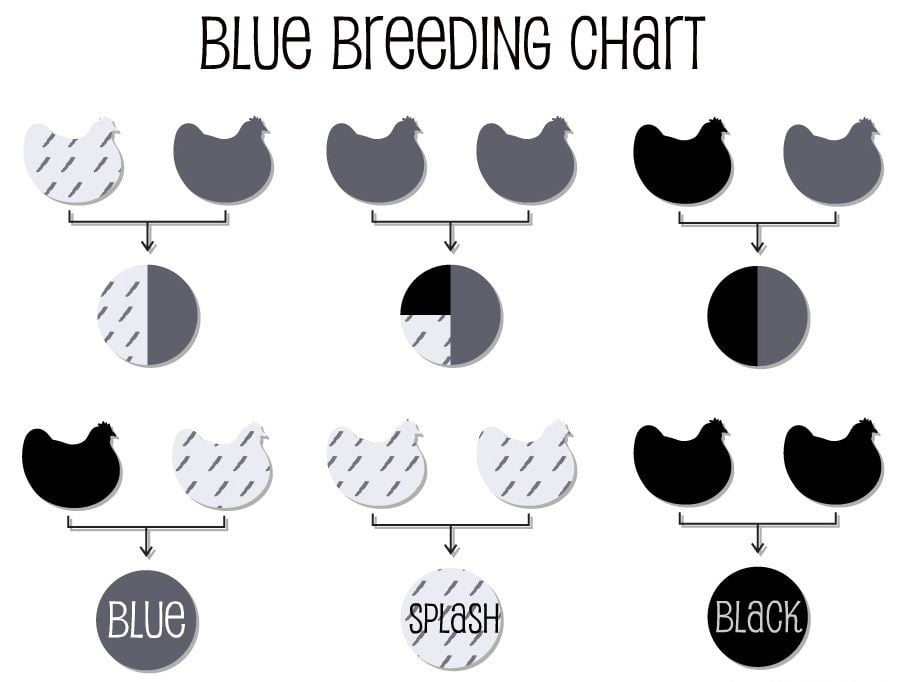Since the two blue fawns will be breeding together, 25% of their offspring would get a copy of the blue dilution genes from both of the parents. Blue is incompletely dominant - one copy of blue, when added to a grey duck, makes blue fawn, which is what the parents in this pair are. Two copies makes pastel. Since each blue fawn has a copy, 25% of the ducklings will be getting a copy from each parent, meaning they will have two copies, and the result of that is pastel

This chart is chickens, but blue breeds the same in ducks. Basically, in terms of equivalence to this chart, grey is 'black', blue fawn is 'blue', and pastel is 'splash'.
Were the ducks not on the mallard (grey) base, then they really would be black, blue, and silver (splash)

Here's an article I wrote on duck color genetics that explains it more in depth:
https://www.backyardchickens.com/articles/mallard-derived-duck-color-genetics-basics.74277/




